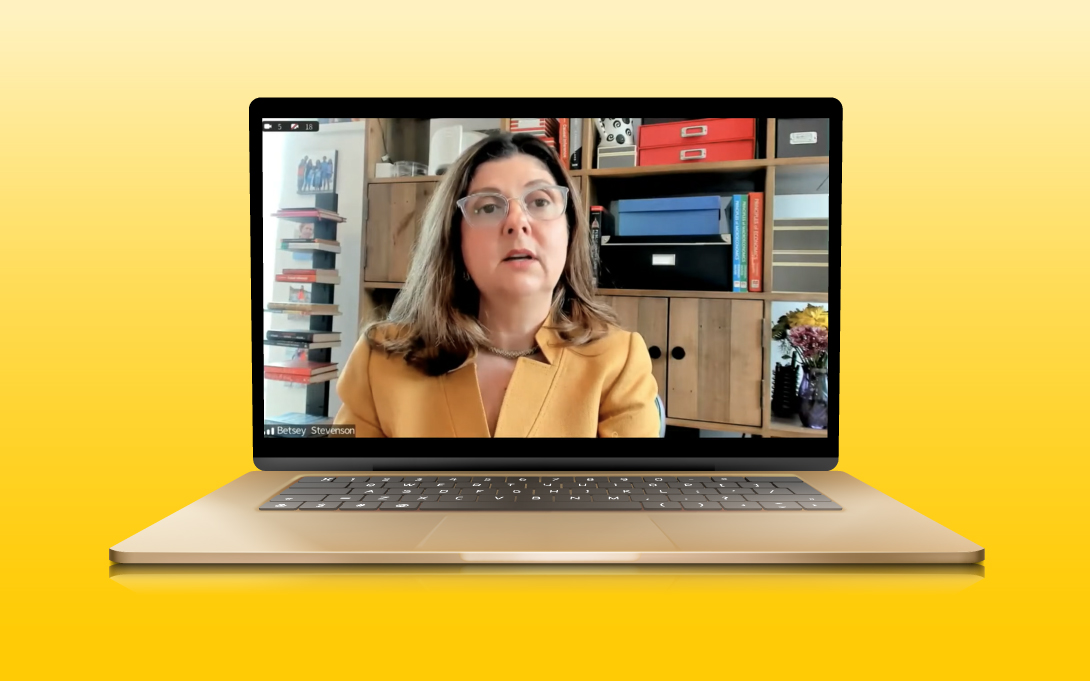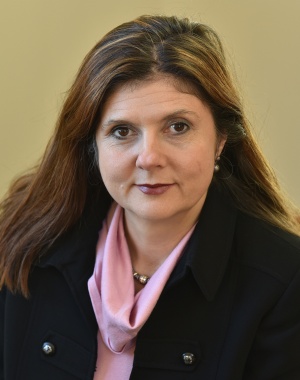
Ford School economics professor Betsey Stevenson testified before the House Select Subcommittee on the Coronavirus Crisis, in a hearing about "how the coronavirus pandemic has impacted the already struggling child care sector, and the resulting effect on American families and caregivers and the overall economy." Stevenson was joined by four other expert witnesses, called by Chairman Rep. James E. Clyburn (D-SC), to "highlight how the coronavirus crisis caused a steep reduction in the employment of child care workers and the availability of child care, making it much more difficult for many Americans, particularly mothers of young children, to work."
"While childcare is not a women's issue, the pandemic did have a unique impact on women and the evolution of the women's role in the economy helps to explain how we have arrived at this critical juncture," her tesimony began.
"The biggest economic problem the U.S. currently faces is low labor force participation. It is likely to contribute to ongoing inflation. Solving this problem requires investing more in our youngest citizens and supporting their families with a more reliable, affordable, and higher-quality childcare sector," she concluded.
More highlights
In a response to a question from Rep. Carolyn Maloney (D-NY) about the pandemic’s long-term impact on women in the workforce, Stevenson said, “With so few child care spots available right now at such a high cost, I think it’s going to be a long time for women and parents to get back.”
Responding to a question from Rep. Jamie Raskin (D-MD) about the impact of the American Rescue Plan’s expanded Child and Dependent Care Tax Credit, Stevenson said, “Right now when child care costs more than it has in the past, that tax credit is really essential to get parents back into the labor force.”
In response to a question from Rep. Bill Foster (D-IL) about why investments in child care benefit all Americans, Stevenson said, “When we look at high quality early childhood education, what we see is about one dollar in spending returns nine dollars to the taxpayer down the line.” She continued, “[P]arents would make these investments themselves if they could afford to…But the taxpayers can do it, and they would get the money back.”
Thes testimony can be seen here (Stevenson's opening statement is at 27:20). A recap of the hearing can be read here.
